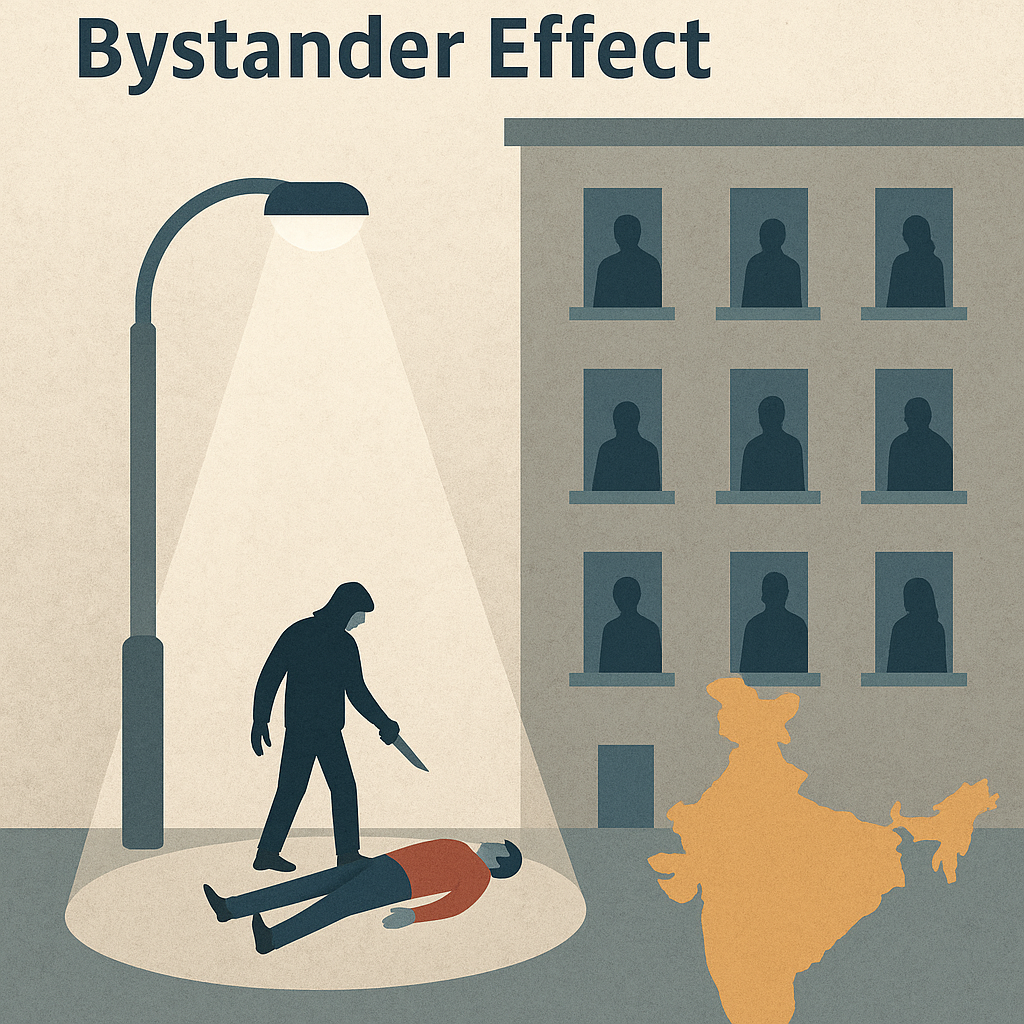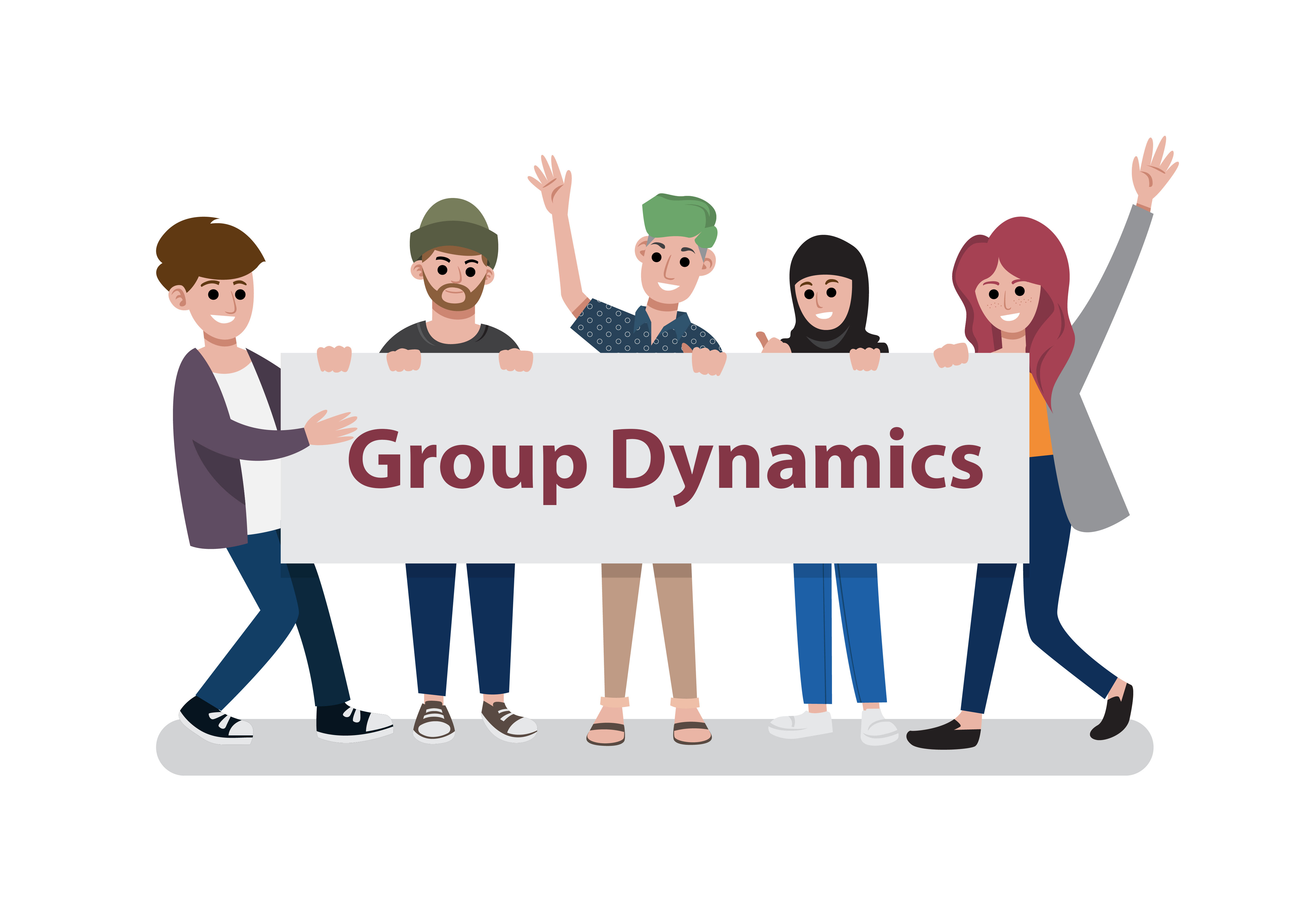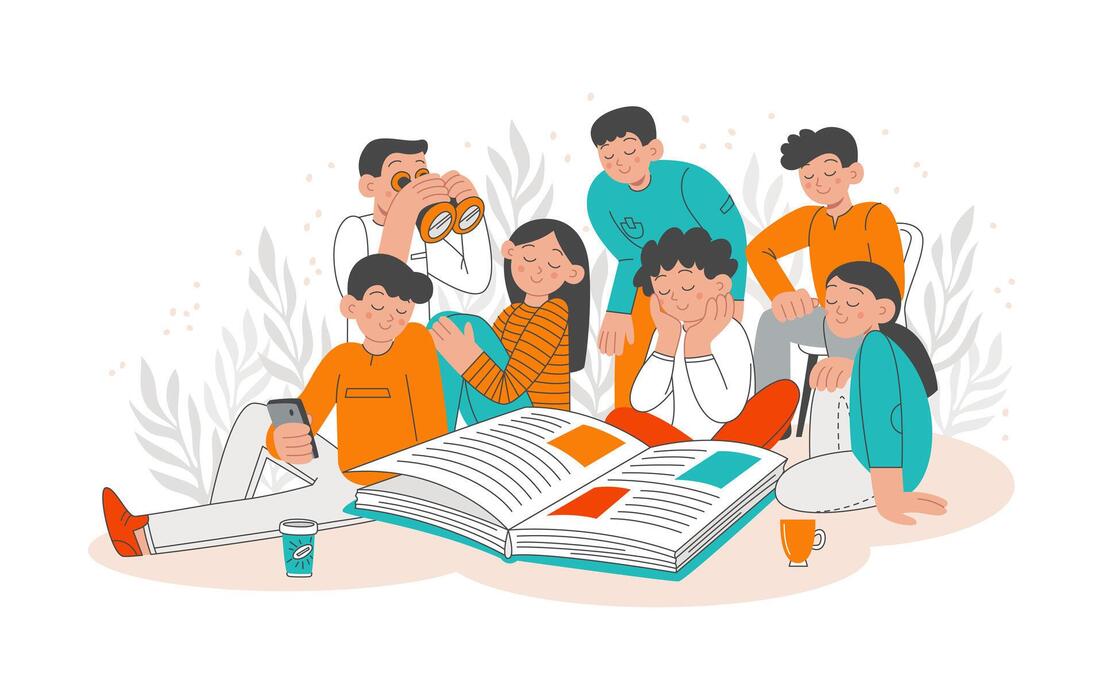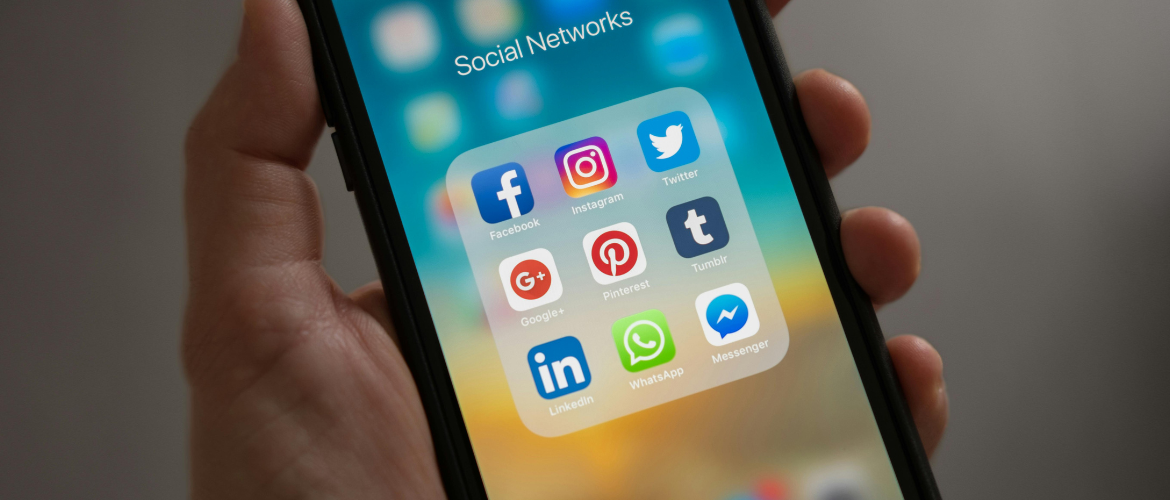Have you ever sworn that something happened a certain way, only to discover later that it never did? Perhaps you recall a famous event, or even a small detail, but when you check the facts, it's completely different from how you remember it. This curious phenomenon is known as the Mandela Effect, where a large group of people collectively misremember facts, events, or details. The term was coined in 2009 after many people shared a vivid memory of the late Nelson Mandela dying in the 1980s while in prison—yet, as we all know, he lived for many years after that, passing away in 2013. This incident of shared misremembering raise intriguing questions: Could our brains be playing tricks on us? Is there an alternate reality where things did happen differently? The Mandela Effect challenges our understanding of memory, suggesting that our recollections may not be as reliable as we think. And perhaps more eerily, it leaves us wondering how many other 'facts' we are misremembering as a society. This collective false memory is not isolated to just one event; it spans across various aspects of culture, history, and even pop culture.
Famous Examples That Will Make You Question Everything
Here are two well-known Mandela Effect cases that might make you question your memory:
- Monopoly Man's Missing Monocle Many people distinctly remember the Monopoly board game's mascot, Rich Uncle Pennybags, sporting a monocle. However, the official character has never had one. Despite this, many are adamant about recalling him with the accessory.
- Pikachu's Tail Colour Misconceptions Countless fans of Pokémon believe Pikachu's tail once had a black tip at the end. In reality, Pikachu’s tail has always been completely yellow. Still, many recall it differently, sparking confusion over the years.
The Mandela Effect can be explained by the way our brains handle memory. One of the key factors at play is confabulation, which is when our minds fill in gaps in our memory with false details. This often happens unconsciously, as our brains try to create a coherent narrative from incomplete or fragmented information.
Additionally, the brain doesn't store memories like a camera or a video recorder. Instead, it reconstructs them each time we recall an event. This process isn't always perfect—sometimes, our brain may unknowingly insert details that weren’t there originally or blend in external influences, such as conversations, media, or cultural trends. This reconstruction process can lead to collective misremembering, especially if many people share similar experiences or misconceptions. So, while we may be certain about certain memories, they may not always be as accurate as we think.
The Internet’s Role in Spreading False Memories
The internet, especially social media, plays a significant role in amplifying the Mandela Effect. Misinformation can spread rapidly across platforms, with people sharing their memories and experiences, which may not be entirely accurate. These false details, once shared, are quickly adopted by others who might not question them, creating a cycle of confusion.
Additionally, the echo chamber effect comes into play. When a group of people collectively believes in a certain version of events, it starts to feel more real, even if it’s inaccurate. As more individuals embrace these false memories, they reinforce one another's beliefs, making it harder for people to recognize the truth. The more widespread a misremembered fact becomes, the more convincing it seems to the masses.
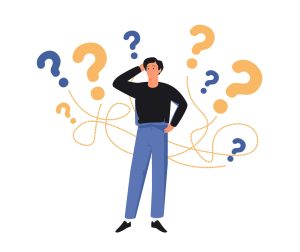
Parallel Universes or Just a Brain Trick?
Some people argue that the Mandela Effect might be proof of alternate realities or parallel universes, where different timelines or dimensions exist, and in one version, events occurred differently. The idea is that when people recall these misremembered events, they're somehow tapping into a version of reality where those details are true.
However, the more scientific explanation leans toward memory errors and the brain's natural tendencies to fill in gaps. Memory is far from a perfect system—our minds are prone to errors, especially when recalling events from the past. Coupled with misinformation and the power of collective reinforcement, it's easy for false memories to spread and become entrenched in a community. What may feel like a glimpse into another universe is often just a result of the brain's tendency to reconstruct memories in ways that are not always accurate.
How to Spot and Prevent False Memories
False memories can be incredibly convincing, especially when they are shared by a large group of people. However, there are practical steps you can take to spot and prevent them from influencing your thoughts and decisions.
- Verify Facts Before Assuming They’re True Before accepting something as fact, it's essential to verify it from reliable and trustworthy sources. In today’s world of instant information, it’s easy to stumble across misleading content that may feel familiar or sound right. To avoid false memories, take the time to double-check key facts using authoritative sources—whether it's history, news, or even pop culture references. Websites like news outlets, academic papers, and official records are great starting points for validation.
- Cross-Check Sources and Question Assumptions Relying on a single source of information can lead to a lopsided or false understanding of a subject. Cross-check facts across multiple independent sources. This can help uncover discrepancies and reduce the chances of being misled. Additionally, questioning your own assumptions about events or details is crucial. Just because something feels familiar doesn’t mean it’s true. Actively challenging your memories can create a more accurate picture and prevent cognitive biases from taking over.
- Awareness Helps in Better Decision-Making Being aware of the Mandela Effect and how false memories work can significantly improve your decision-making. When you’re conscious of the fact that memories are reconstructive and subject to errors, you’re less likely to rely on faulty recollections or assumptions. This awareness can also help you make more informed choices, whether in personal matters, professional decisions, or even when interacting with others. By questioning the validity of what we "remember," we can protect ourselves from falling into the trap of misinformation.
The Mandela Effect can be crucial for seafarers in ensuring safety and accuracy on board. Being aware of how memory can be distorted helps them verify critical details, such as navigational procedures and safety protocols, before acting on them. This awareness also aids in avoiding miscommunication, as false memories or assumptions could lead to confusion between crew members. In high-pressure situations, where quick decisions are essential, knowing the potential for memory errors encourages seafarers to rely on documented procedures and facts, ultimately improving decision-making and ensuring a safer, more efficient work environment at sea.
Conclusion:
The Mandela Effect serves as a fascinating reminder of how memory can be unreliable, especially in high-stakes environments like the sea. For seafarers, where accurate recall of procedures, navigation details, and safety protocols is crucial, understanding the potential for memory distortion is vital. Misremembering important information can lead to dangerous errors, miscommunications, and poor decision-making. By being aware of this cognitive bias, seafarers can take extra steps to verify facts, double-check procedures, and ensure clear communication within the crew. This mindfulness helps prevent accidents and ensures smoother operations, ultimately safeguarding both the crew and the vessel. So, next time you’re sure about something, remember: trust your memory, but always verify it—especially when the stakes are as high as they are at sea. Ultimately, understanding how memory works can help us navigate the world more accurately, leading to smarter choices and better outcomes.

